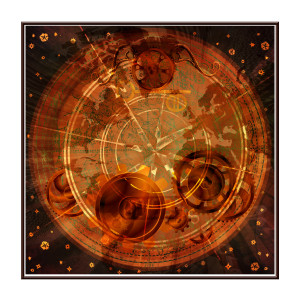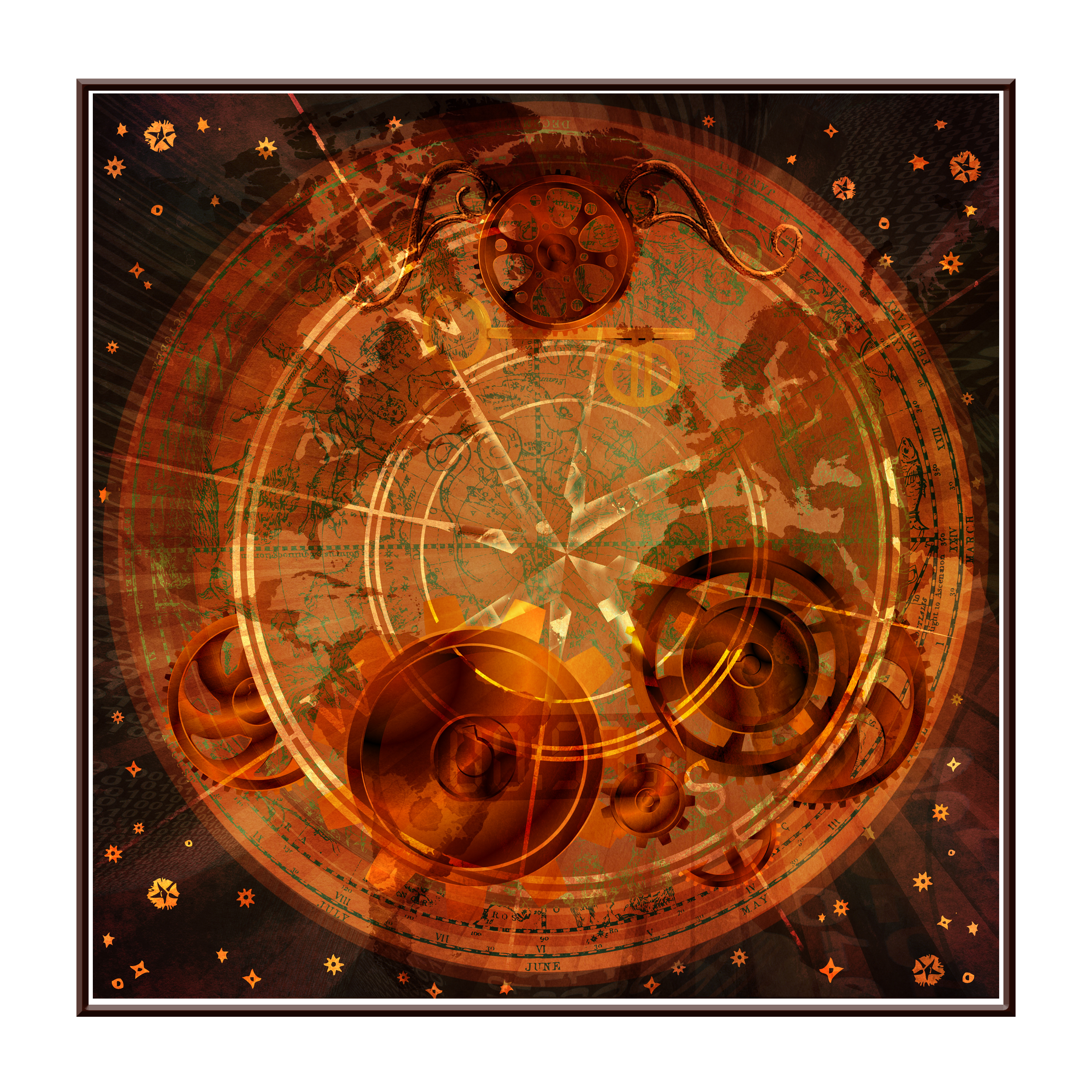
Those who know me know I’m a sci-fi/fantasy geek. When I was younger, I used to only read the classics. I think it was partly because I felt as though I should read those and wanted to look smart when I understood a reference that no one else got. But as I’ve gotten older, I don’t really care about any of that anymore. I pretty much read every zombie and vampire book I can get my hands on. Let’s put it this way, I read the entire Twilight series. Nuff said. (I’m on Team Jacob, if you wanted to know.)
The one part of the sci-fi/fantasy world I could never get into were books about time travelers. The thing is, I had always assumed that I had read many of the classic time traveling books—such as Kurt Vonnegut’s Slaughterhouse-Five and Mark Twain’s A Connecticut Yankee in King Arthur’s Court. But when I Googled the “Top Time Traveling Books” I found that I had actually read very few of them. (If you’re interested, here is a top ten list put together by the Huffington Post.)
When I thought about it, I realized the biggest reason I have hard time getting into time traveling books is because I could never see myself in them. I mean, let’s be real for a moment. If I—a Japanese American—went to any other period in American history before let’s say… 1985, I would probably not have a very good time. In fact, if I went to the wrong time and in the wrong part of the country, I would probably end up dead.
It occurred to me that time traveling is pretty much only for those who are white, male, and heterosexual. Anyone else—everyone else—would have an incredibly hard time traveling to any other period in our history. This is not to say authors have not acknowledged the challenges. Stephen King’s 11/22/63 has a few passages where the narrator acknowledges the challenges he would have if he were African American. It is to Stephen’s credit that he even recognized and made it a point in the novel. The other book is called Spell or High Water: Magic 2.0 by Scott Meyer. It’s the second book of a series. Basically, it is about computer nerds who figure out a glitch in the system that allows them to travel to the past. Scott writes that women can’t really travel back in time to any period that is really all that great. So instead, they created Atlantis for themselves. (It should be noted that he does have an African American and Asian America in ancient England, but they are not the main characters.) And of course there was Octavia Butler’s Kindred, about an African American woman going back to the South pre-Civil War. But that’s about it.
The lack of diversity in the time traveling world is why I teamed up with New New York Times best-selling author of The Girl Who Fell From the Sky and friend Heidi Durrow to put together an anthology, Time Traveling is Not for Everyone, that explores the other side of time traveling.
And that’s where you come in.
We want to hear your time traveling story. From your perspective—whatever that might be. We are looking for writers to submit proposals for short stories (five to ten thousand words) featuring a character from an underrepresented community traveling to some time period before this one.
The deadline for proposals is February 14, 2015.
What we are looking for in your proposal:
- One page proposal featuring a main character from an underrepresented community going back to a time period other than ours
- Writer biography or resume
- Writing sample
Please send your proposals or questions to: [email protected]
The Creative Team behind: Time Traveling is Not for Everyone.
Heidi Durrow is the New York Times best-selling author of the The Girl Who Fell From the Sky, the winner of the PEN/Bellwether prize. She is the founder of the premiere book, film and performance festival, the Mixed Remixed Festival, which features stories of the Mixed and multiracial experience.
Koji Steven Sakai has written four feature films that have been produced, Haunted Highway, The People I’ve Slept With, Monster & Me, and #1 Serial Killer. His screenplay, Romeo, Juliet, & Rosaline, was optioned by Amazon Studios. His debut novel, Romeo & Juliet Vs. Zombies, will be released in the spring.
Thank you so much and we look forward to seeing what you come up with! Please become a fan and “Like” our Facebook page.
Don’t forget to follow me on Twitter @ksakai1








